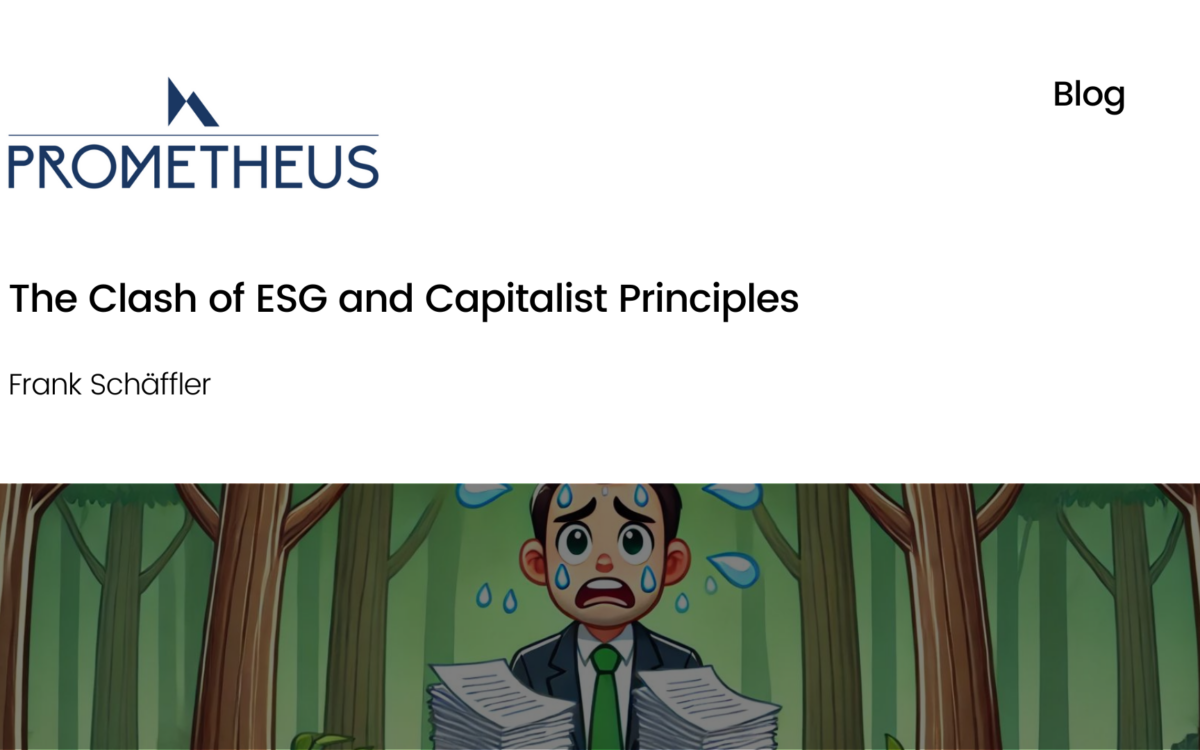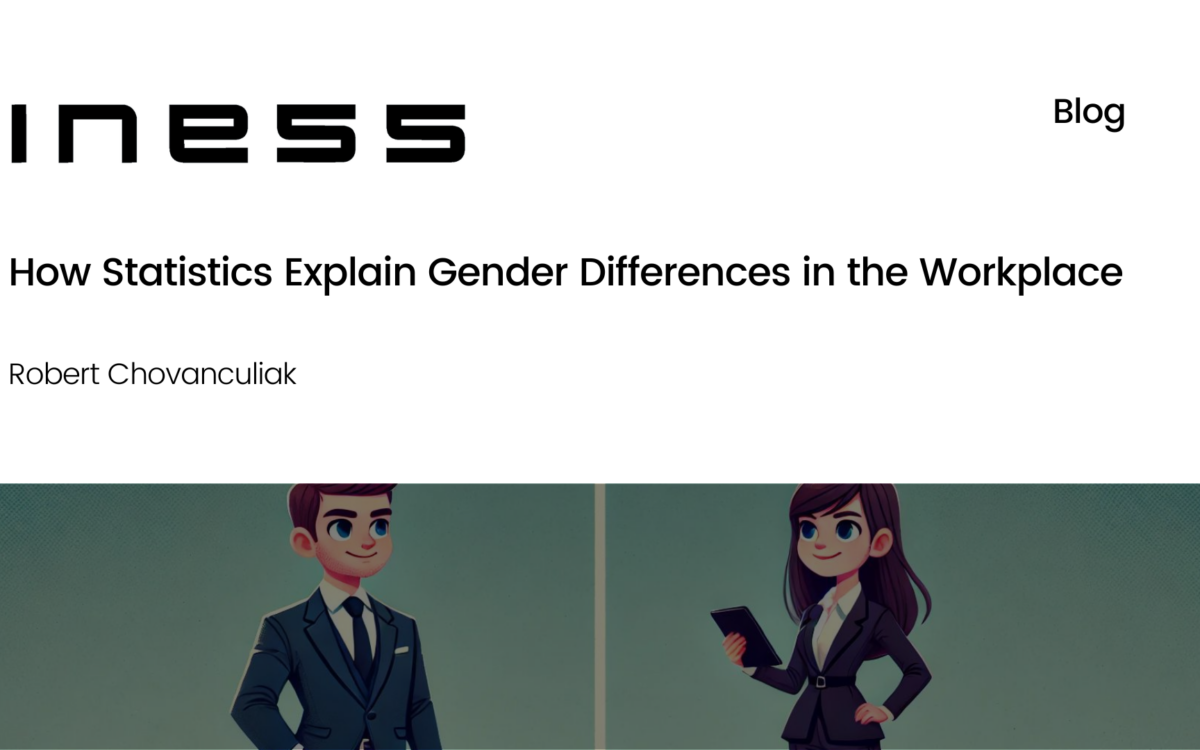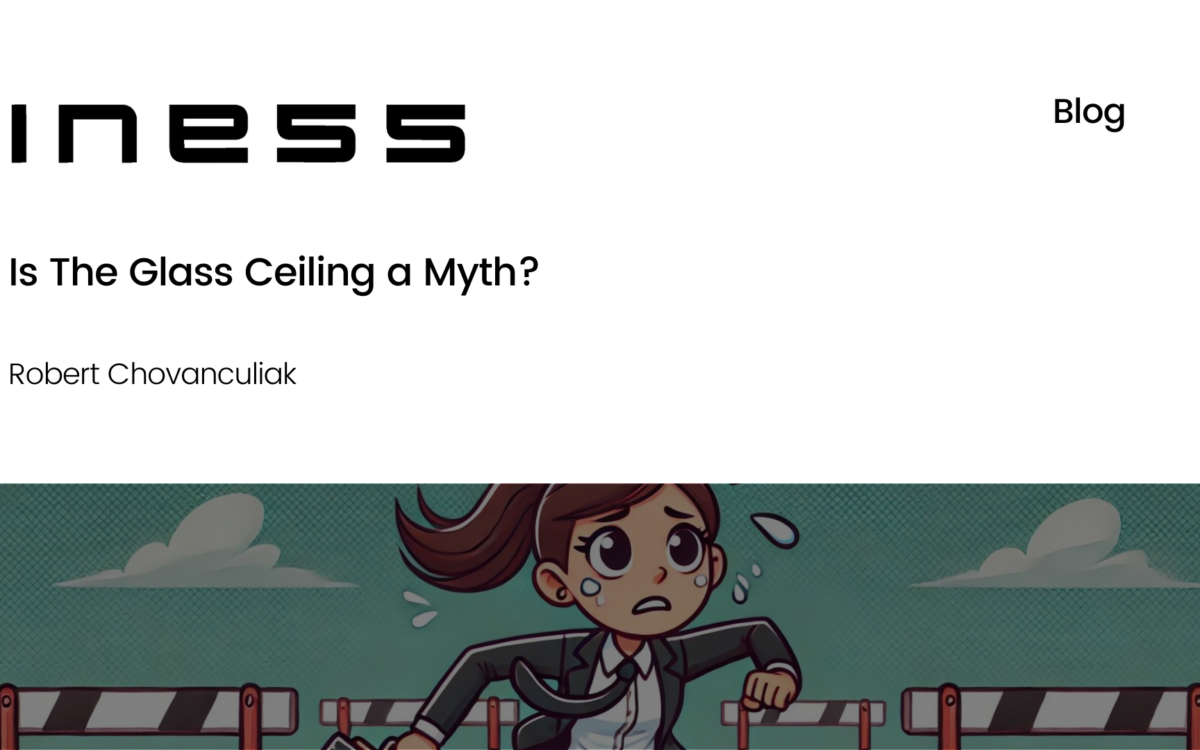No, Scrapping Net Neutrality Laws Won’t Kill the Internet

No, Scrapping Net Neutrality Laws Won’t Kill the Internet
Ryan Bourne // 16 January 2018
The decision by the US Federal Communication Commission (FCC) to remove so-called “net neutrality” laws in January produced a flurry of outrage.
The American media company Netflix was most vociferous, declaring on Twitter: “we’re disappointed in the decision to gut #NetNeutrality protections that ushered in an unprecedented era of innovation, creativity, and civic engagement.”
Such sentiment has echoed around the world. But all of this seems odd.
Netflix itself has been streaming media online since 2007, and the specific President Obama-era net neutrality laws only came into force in 2015.
Was the internet before 2015 really the barren, innovation-free zone painted by critics of last week’s change? Or are opponents of the FCC decision prone to hyperbole?
The economics of this debate are well-known.
The internet is a means of transporting content, or packages of information, from one computer to another.
In essence, net neutrality regulation requires that internet service providers (ISP) treat and price all packages of information in the same way, regardless of origin or content.
So when we have some highly-demanded video content, such as Netflix or adult entertainment websites, ISPs cannot charge these providers a connection fee to have its content transported to customers on a faster lane.
On the consumer side, ISPs are likewise unable to offer packages that charge more for certain types of content, or restrict access to certain sites (though they can of course discriminate via internet speeds).
This is a textbook example of old debates about “producers” and “transporters” of goods.
For net neutrality advocates, an open internet requires all content to be transported equally. Advocates worry that ISPs may otherwise block content entirely, that consumers in areas without much ISP competition will face higher prices, and that without the laws there will be an incentive for ISPs to “vertically integrate” with providers of content, potentially prioritising their own materials.
For sure, these are valid questions. But do they require such heavy-handed state regulation?
The reputational damage to an ISP of restricting access to popular content is likely to be severe.
Indeed, if consumers overwhelmingly want a “neutral” internet, then ISPs are likely to at least offer a package which provides it.
Existing competition laws can likewise be applied to monopolistic concerns. In fact, a non-net neutral world actually is likely to facilitate more dynamic competition and investment in the ISP market, since the ability to price discriminate will increase the pay-offs by investing to serve rural or other difficult-to-reach communities (a particularly important concern here).
It’s worth noting that in the two years since the Obama-era, when net neutrality laws were rolled out, investment in broadband networks fell 5.6 per cent.
But there’s a broader principle at stake: should transporters of content be able to price discriminate depending on what content you access?
In other areas of life, this isn’t a particularly controversial idea.
In many hotels, two wifi internet packages are offered based on different speeds. One package is suitable for video streaming, while the other is mainly suitable for basic browsing and checking email.
Explicit packages that charge more for priority content (such as Netflix) could in fact improve overall efficiency.
Economists recognise that charging more for use of content that congests the network would improve efficiency. According to an IGM survey of top economists, 44 per cent agreed that it’s a good idea to let companies that send content to consumers pay more to internet service providers for the right to send that traffic using faster or a higher quality service. Just 14 percent disagreed.
Net neutrality laws essentially make those who use little in the way of high congestion content subsidise those who use a lot.
The key point then is ultimately the consumer will be king in deciding what he or she wants to pay for – repeal of the laws simply changes who determines the packages of services offered to them from the government to ISPs.
The whole reaction to this has been overblown. Repeal of the laws will allow ISPs to experiment in providing packages that consumers want.
As my colleague Peter Van Doren concluded in a recent piece: “repeal of the net neutrality rules will not be the death of the internet. It will simply return us to the hands-off regulatory framework that has nurtured the past two-plus decades of the internet revolution”.
This article was first published in City AM and the IEA’s blog.
EPICENTER publications and contributions from our member think tanks are designed to promote the discussion of economic issues and the role of markets in solving economic and social problems. As with all EPICENTER publications, the views expressed here are those of the author and not EPICENTER or its member think tanks (which have no corporate view).



